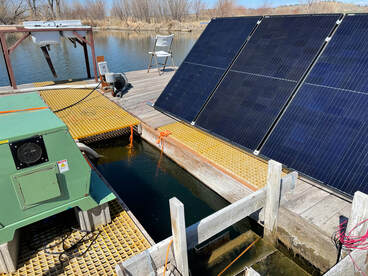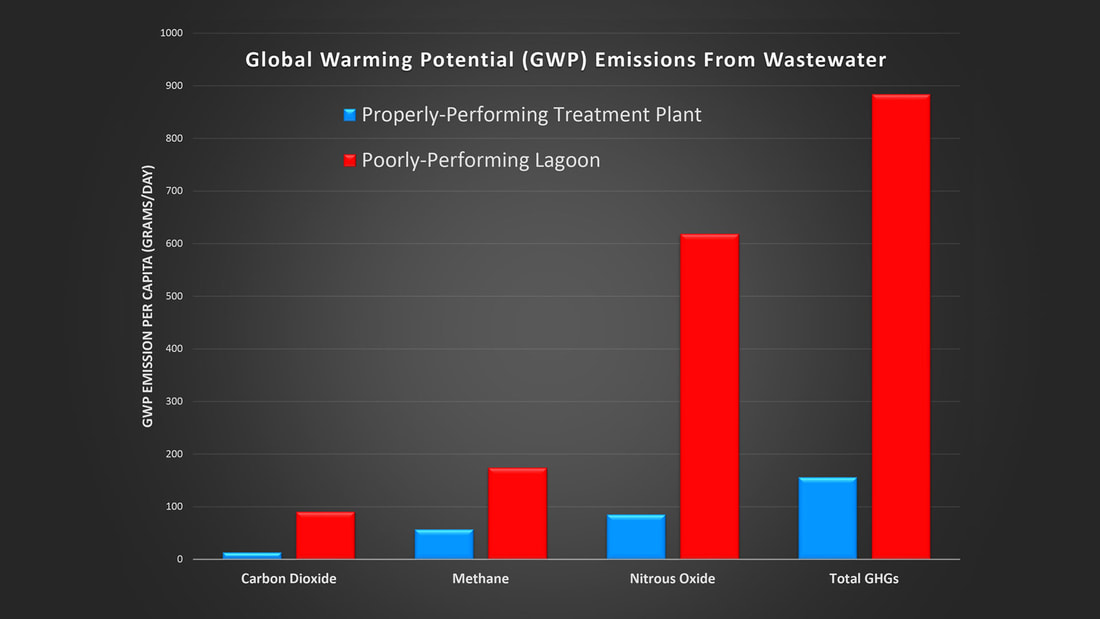The Popularity of Floating Solar Makes the Possibility of Cleaning Up Water Real
With some two-trillion dollars earmarked for climate action by the Biden administration just in the U.S., FII is poised to fill in the critical environmental gaps associated with conventional FPV projects. The environmental impact of FPV projects is squarely in the realm of BioHaven Floating Islands. A space where the US could break out around FPV is with the cleaning of impaired waterways, a no-brainer integration between what we do and what floating solar market needs. Freshwater, currently the source of some 20% of total greenhouse gas, can be stewarded back to health, fish productivity, and high impact climate changing gas reduction. Carbon credit implications notwithstanding, FII will lead around water quality improvements associated with large FPV projects. Numerous waterways in North America are currently labeled as “nutrient impaired” and are targets for FII’s (Transition Water) strategy. Lakes and reservoirs, including drinking water reservoirs, that now experience harmful algae blooms, exemplify water that we can employ the principals of “water resource recovery” on, where projects generate substantial revenue and in which water quality improvement is the “byproduct."
The nexus of freshwater and agriculture in the developed world is our bathtub. Whether it be Lake Erie, Chesapeake Bay, or the Los Vegas Wash, FII plans to team with international floating solar developers to bring clean alternative energy and significant water quality improvement to FPV projects, even on massive waterways. And we will earn carbon credits in the process, which will address the previously limiting issue of “scalability.” FII brings an answer to the question of environmental impact associated with large FPV projects. FPV is emerging as the fastest growing form of solar energy generation, but has been plagued by questions around environmental impact. We have over 9,000 island launches to support our water quality improvement claims. We fix water using nature’s model…nature’s wetland effect. Bringing this phenomenon to the FPV market represents an innovative new variable. High levels of greenhouse gas reduction will be a byproduct of BioHaven technology integration into the FPV market. FII was launched in 2005 and currently has six licensed island manufacturers positioned around the globe.
0 Comments
Leave a Reply. |
AuthorWrite something about yourself. No need to be fancy, just an overview. Archives
August 2023
Categories
All
|


 RSS Feed
RSS Feed